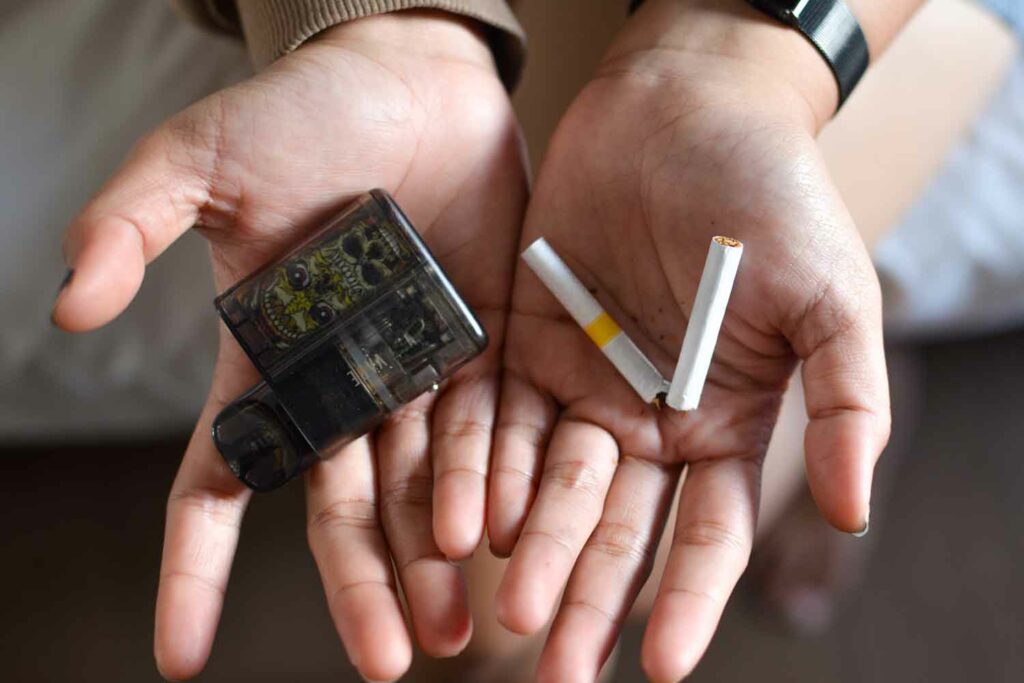
A new report from Knowledge Action Change (KAC) describes the extent to which safer nicotine products (SNP) are replacing and substituting for combustible and risky oral tobacco products.
Co-authored by experts in harm reduction, data science and economics, The Global State of Tobacco Harm Reduction 2024: A Situation Report (GSTHR 2024) considers what is driving these changes, how different regulatory environments have developed, and the complex interplay between products, consumers, and policy and regulation.
The latest market data shows that while sales of combustible tobacco remain significantly higher than sales of SNP, two key shifts are occurring in the tobacco and nicotine market: first, the total market share of SNP is increasing, and second, inflation-adjusted combustible tobacco sales are declining, while SNP sales are experiencing rapid growth.
Although the nominal value of combustible tobacco sales increased from $752 billion in 2015 to over $1 trillion in 2024, when adjusted for inflation (and assuming a constant currency value), combustible tobacco sales actually decreased to $685 billion in 2024—an 8.9 percent decline. Meanwhile, inflation-adjusted SNP sales grew nearly sixfold from 2015, reaching, in non-adjusted terms, $96 billion in 2024.
Further analysis shows, however, that Chinese data skews these figures. China’s tobacco market accounts for an astonishing $344 billion of the $1 trillion global combustible tobacco market. Despite being the global center of production for nicotine vapes, the Chinese market for all SNP is extremely small, at less than 1.2 percent of its market for combustibles. GSTHR analysis removing China from the calculations reveals the true scale of the acceleration in the global SNP market: it has reached 12.3 percent of the total tobacco and nicotine market in 2024, up from virtually zero in 2004.

The evidence from this report shows that when safer products are appropriate, acceptable, accessible and affordable—people will switch.
Gerry Stimson, founder, KAC
According to KAC, legal access to a range of SNP will be essential for the billion people who smoke worldwide to benefit from tobacco harm reduction (THR). Research undertaken for GSTHR 2024 shows that more than two-thirds of the world’s adult population can now legally access at least one form of SNP. Access to combustible tobacco products, by contrast, remains legal for 100 percent of the world’s adult population. The report also reveals that the global number of vapers has increased from 58 million in 2018, to reach an estimated 114 million in 2023. With 30 million people using other safer nicotine products, this means the GSTHR estimates there are now around 144 million users of SNP worldwide.
“Harm reduction is often thought about as policies and strategies, driven by public health. But it isn’t only this. It’s also what people do themselves to reduce risks and improve their own health,” said KAC Founder Gerry Stimson in a statement. “Governments and both international and national health organizations, need to help create an environment in which people can be informed and empowered to make those safer choices. And the evidence from this report shows that—when safer products are appropriate, acceptable, accessible and affordable—people will switch, in fact they are already switching, in their millions.”

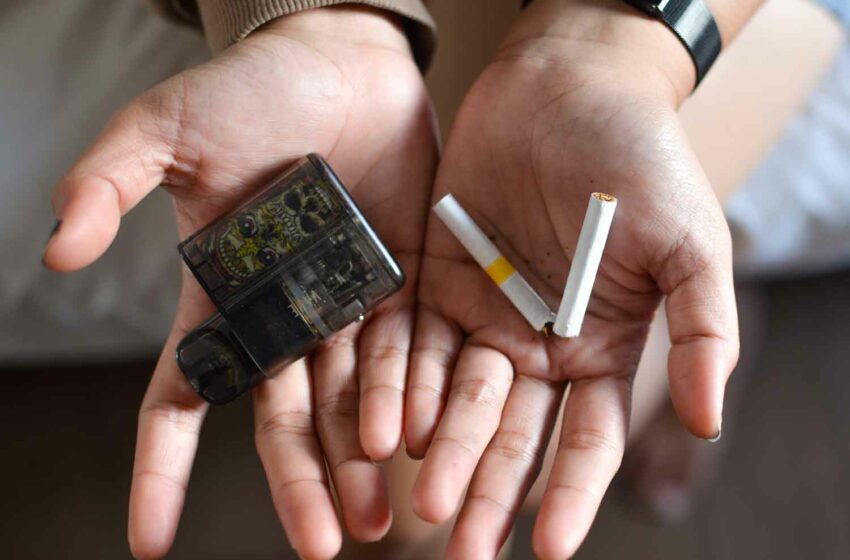



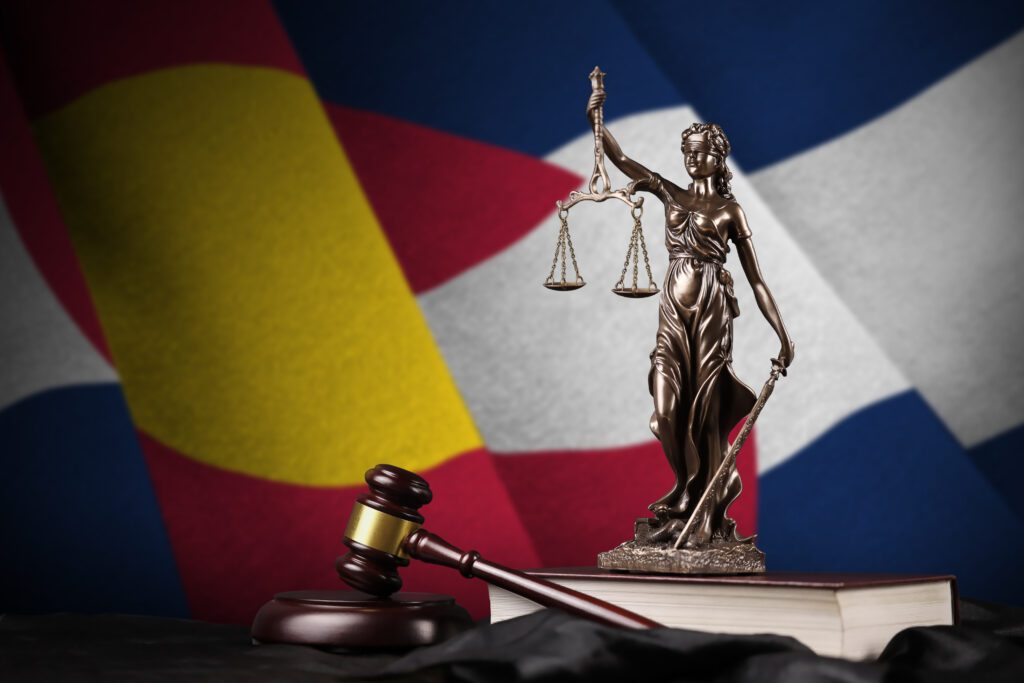


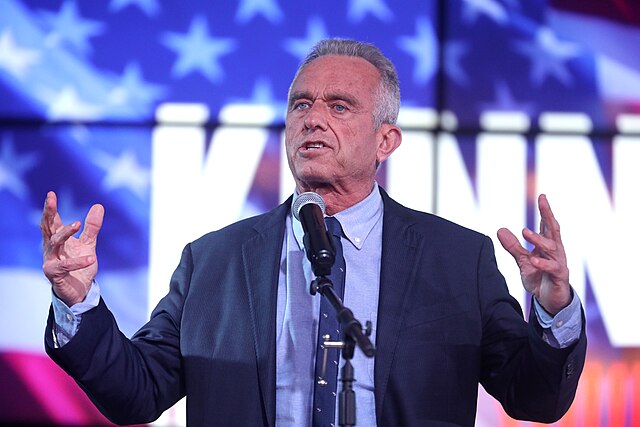
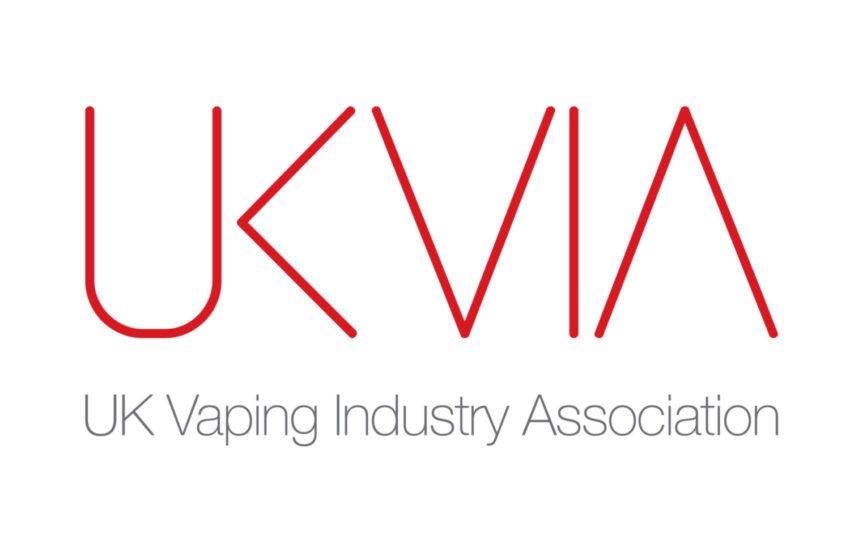
 The U.K. Vaping Industry Association’s (UKVIA) annual Industry Forum will take place at the London Marriott Hotel Regents Park on Friday, Nov. 15.
The U.K. Vaping Industry Association’s (UKVIA) annual Industry Forum will take place at the London Marriott Hotel Regents Park on Friday, Nov. 15.






